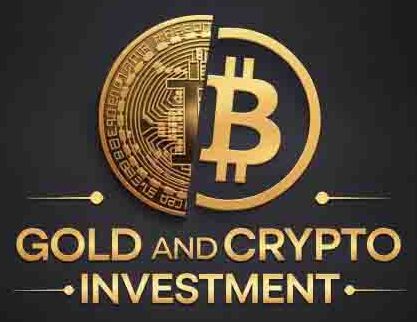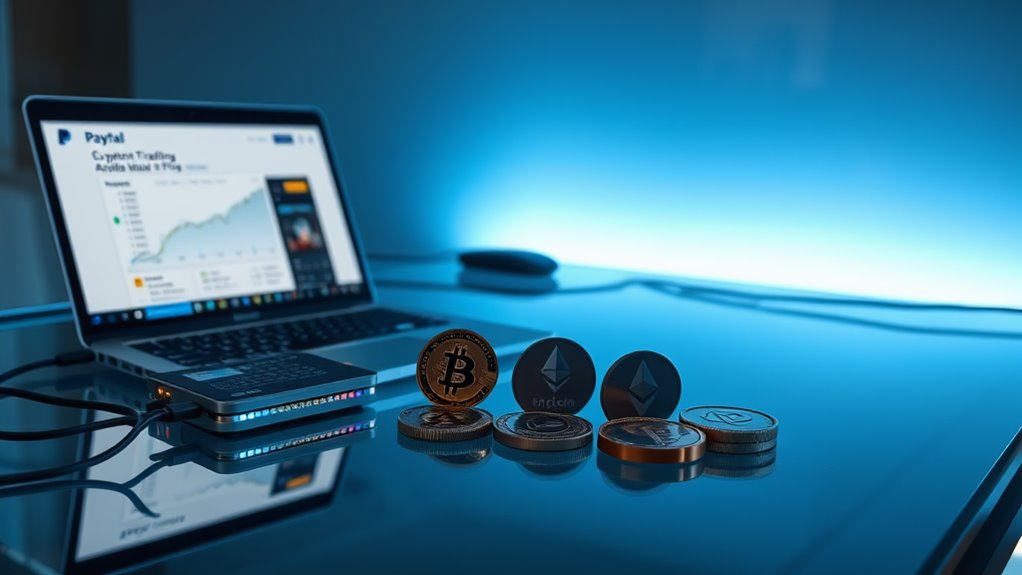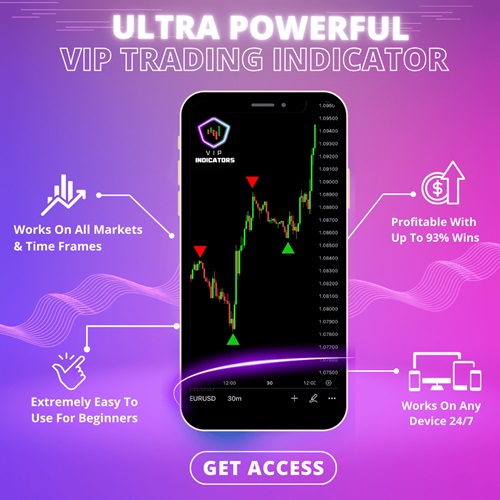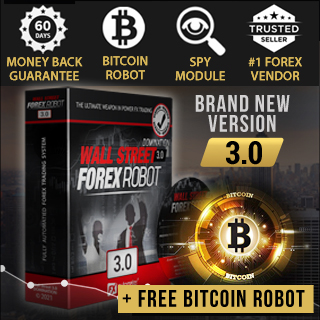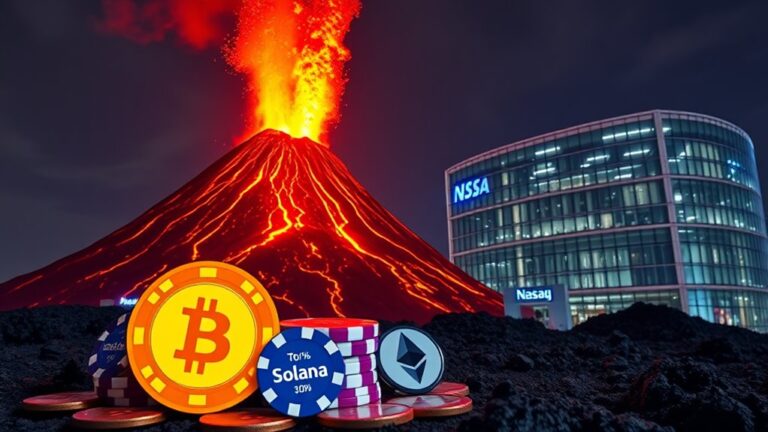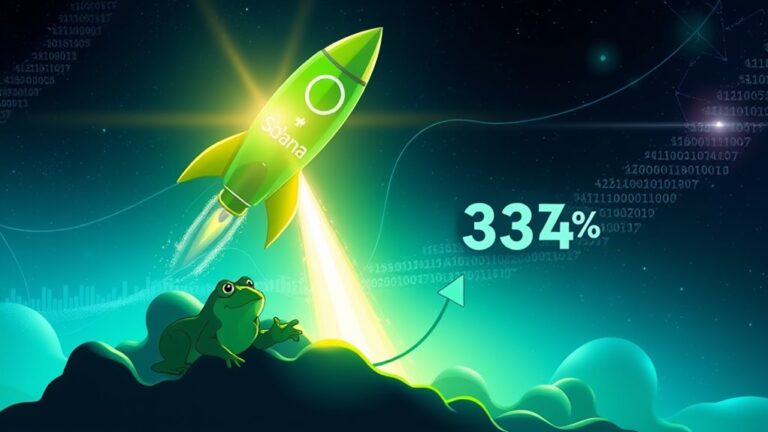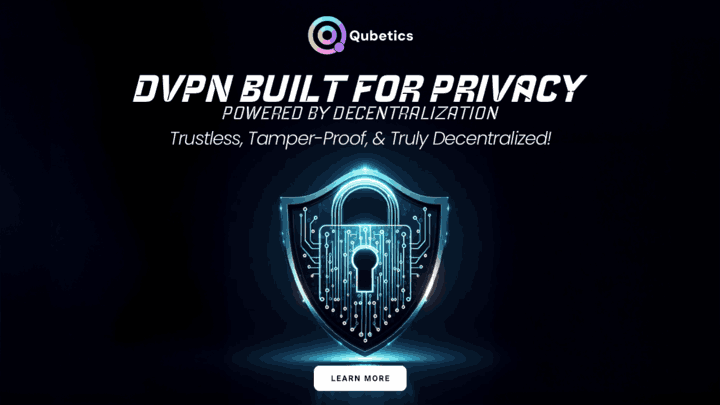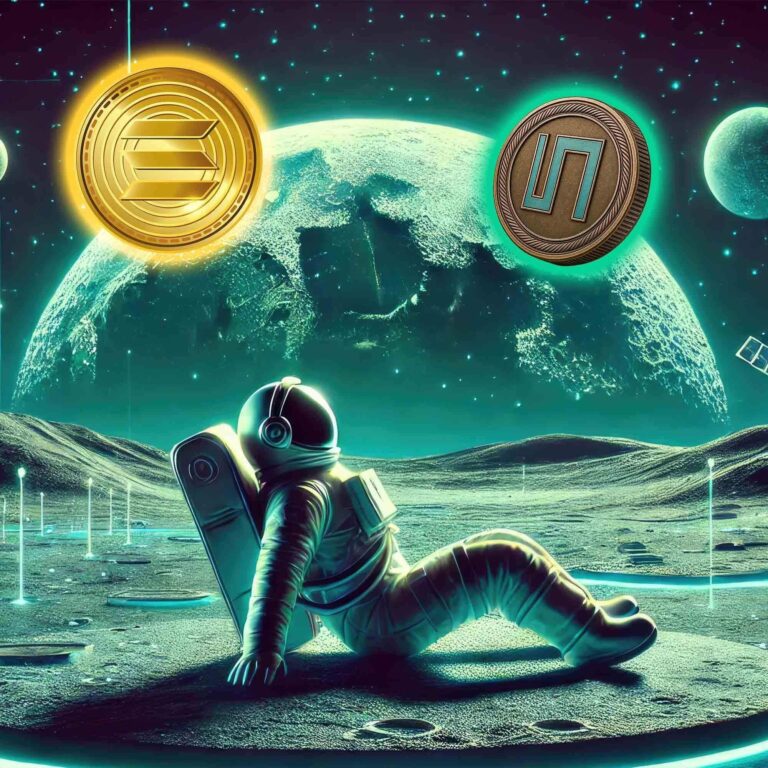PayPal Breaks New Ground: Solana and Chainlink Join Crypto Arsenal
Note: This post may contain affiliate links, and we may earn a commission (with No additional cost for you) if you purchase via our link. See our disclosure for more info. The gold and crypto world is constantly changing. This is not financial, investment, legal, or professional advice. So, please verify the information on the gold and cryptocurrency provider’s websites.
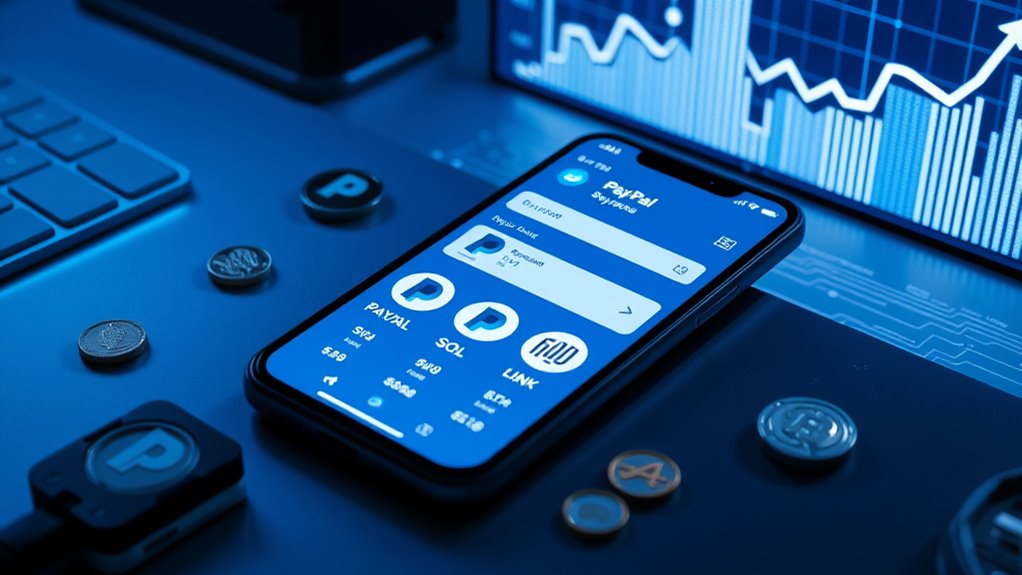
While crypto prices bounce around like a toddler after too much sugar, PayPal isn't waiting for the market to settle down. The payments giant just announced adding SOL and LINK to its existing lineup of Bitcoin, Ethereum, Litecoin, Bitcoin Cash, and USDC.
US users can now buy, sell, hold, transfer, and manage seven different cryptocurrencies right from their PayPal and Venmo apps. No big deal. Just another day in fintech evolution.
Just another day at the fintech office—casually adding seven cryptocurrencies to millions of digital wallets nationwide.
The move ditches third-party dependencies like MoonPay. Lower fees, faster transactions. PayPal's clearly betting on Solana's speed and Chainlink's smart contract capabilities. Makes sense when you consider their recent PYUSD stablecoin play. It's all coming together in their crypto ecosystem, whether the market likes it or not.
This expansion wasn't random. Users have been asking for these tokens specifically. SOL currently sits as the 7th largest crypto by market cap, while LINK holds the 13th spot. The rollout begins in the “coming weeks.” Just don't expect access if you're outside the US—Americans get first dibs, as usual.
Post-announcement, SOL traded at $115.20, while LINK barely budged at $12.52. Meanwhile, PayPal's own stock dropped 3.73% in pre-market trading. The announcement was made on Friday, April 4 as the company continues to expand its cryptocurrency offerings. Investors clearly need a minute to process what's happening. PayPal's stablecoin recently achieved a milestone when it surpassed $1 billion in market capitalization in August 2024.
The technical changes are substantial. Native wallet support replaces third-party custodians. Single-click buying and selling. Built-in security measures. It's the whole package.
This strategy bridges traditional finance with blockchain's future—continuing the vision that former CEO Dan Schulman started back in 2022. Current leadership under Alex Chriss seems just as committed, with May Zabaneh steering the crypto ship.
What's next? Probably more integration with their PYUSD stablecoin. Maybe global expansion. Definitely more regulatory navigation. PayPal's positioning itself as the grown-up in the room while crypto markets continue their wild ride. Not a bad strategy, actually.
